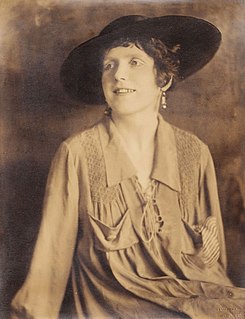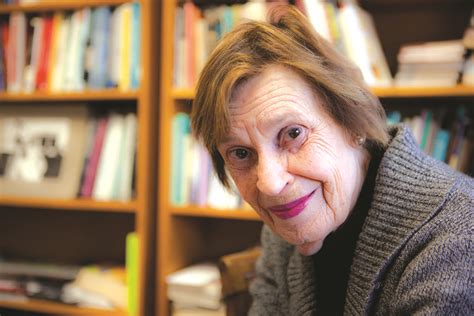A Quote by Dietrich Bonhoeffer
And after death something new begins, over which all the powers of the world of death can have no more control.
Related Quotes
Acquaintance with the human kingdom is limited: between death and a new birth - and this begins immediately or soon after death - the soul has contact and can make links only with those human souls, whether still living on earth or in yonder world, with whom he has already been karmically connected on earth in the last or in an earlier incarnation.
The trouble with dead people often begins with something called the Death Master File, which is kept by the Social Security Administration. Every day, new reports are added, provided by relatives, funeral homes, and the state agencies that issue official death certificates. The list contains 90 million reports.
[There are, in us] possibilities that take our breath away, and show a world wider than either physics or philistine ethics can imagine. Here is a world in which all is well, in spite of certain forms of death, death of hope, death of strength, death of responsibility, of fear and wrong, death of everything that paganism, naturalism and legalism pin their trust on.
We are left with nothing but death, the irreducible fact of our own mortality. Death after a long illness we can accept with resignation. Even accidental death we can ascribe to fate. But for a man to die of no apparent cause, for a man to die simply because he is a man, brings us so close to the invisible boundary between life and death that we no longer know which side we are on. Life becomes death, and it is as if this death has owned this life all along. Death without warning. Which is to say: life stops. And it can stop at any moment.
All death in nature is birth, and at the moment of death appears visibly the rising of life. There is no dying principle in nature, for nature throughout is unmixed life, which, concealed behind the old, begins again and develops itself. Death as well as birth is simply in itself, in order to present itself ever more brightly and more like to itself.
There is something disorderly about the death of a young person. In a universe disturbed by so much over which we have no control, an untimely tragedy rattles the teeth of our already shaken confidence. We want to domesticate death, fight it on our own turf, in familiar rooms with shades drawn evenly, top sheets turned back, and a circle of hushed voices closing in.
As deaths have accumulated I have begun to think of life and death as a set of balance scales. When one is young, the scale is heavily tipped toward the living. With the first death, the first consciousness of death, the counter scale begins to fall. Death by death, the scales shift weight until what was unthinkable becomes merely a matter of gravity and the fall into death becomes an easy step.
Specialness as a primary mode of death transcendence takes a number of other maladaptive forms. The drive for power is not uncommonly motivated by this dynamic. One's own fear and sense of limitation is avoided by enlarging oneself and one's sphere of control. There is some evidence, for example, that those who enter the death-related professions (soldiers, doctors, priests, and morticians) may in part be motivated by a need to obtain control over death anxiety.






































